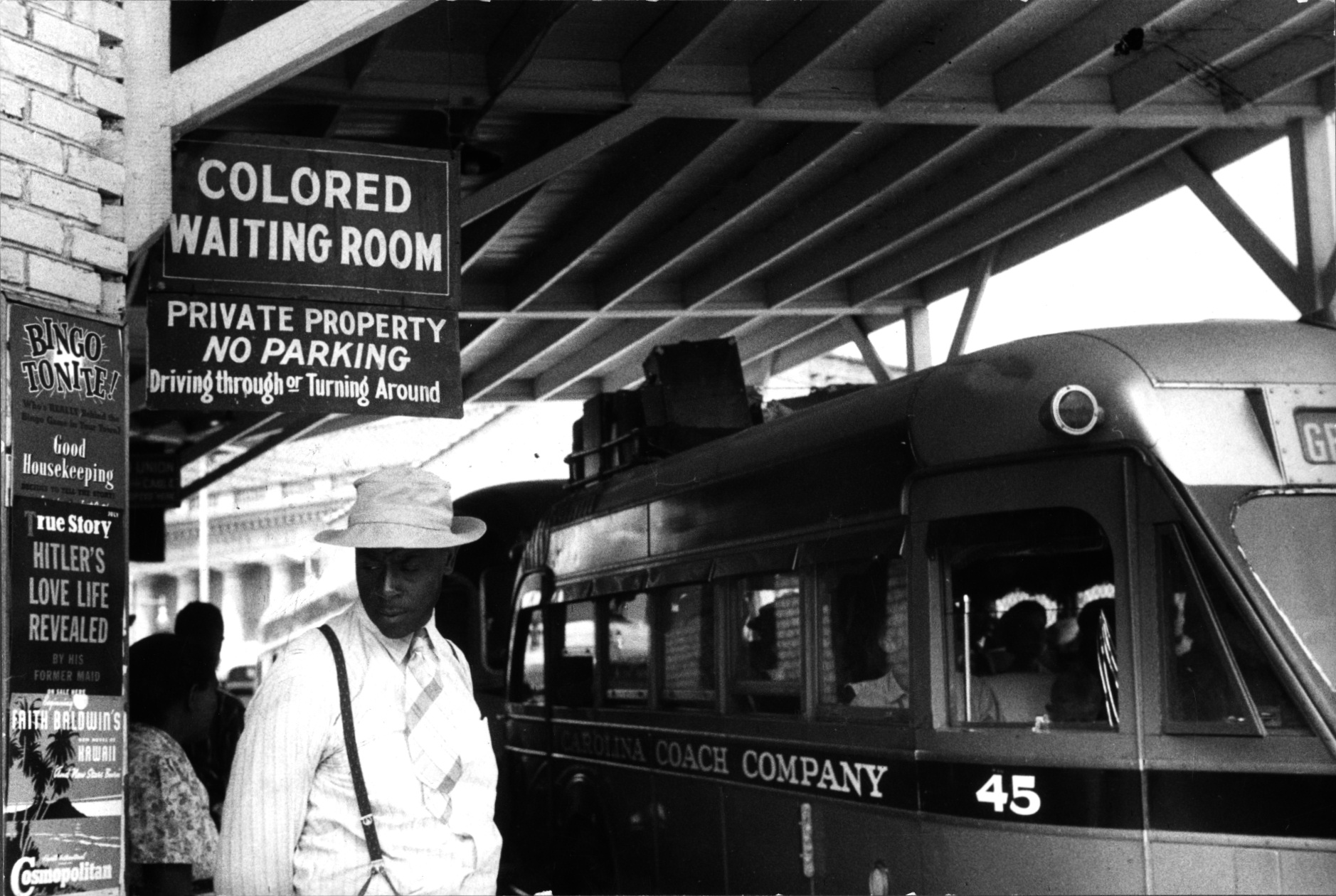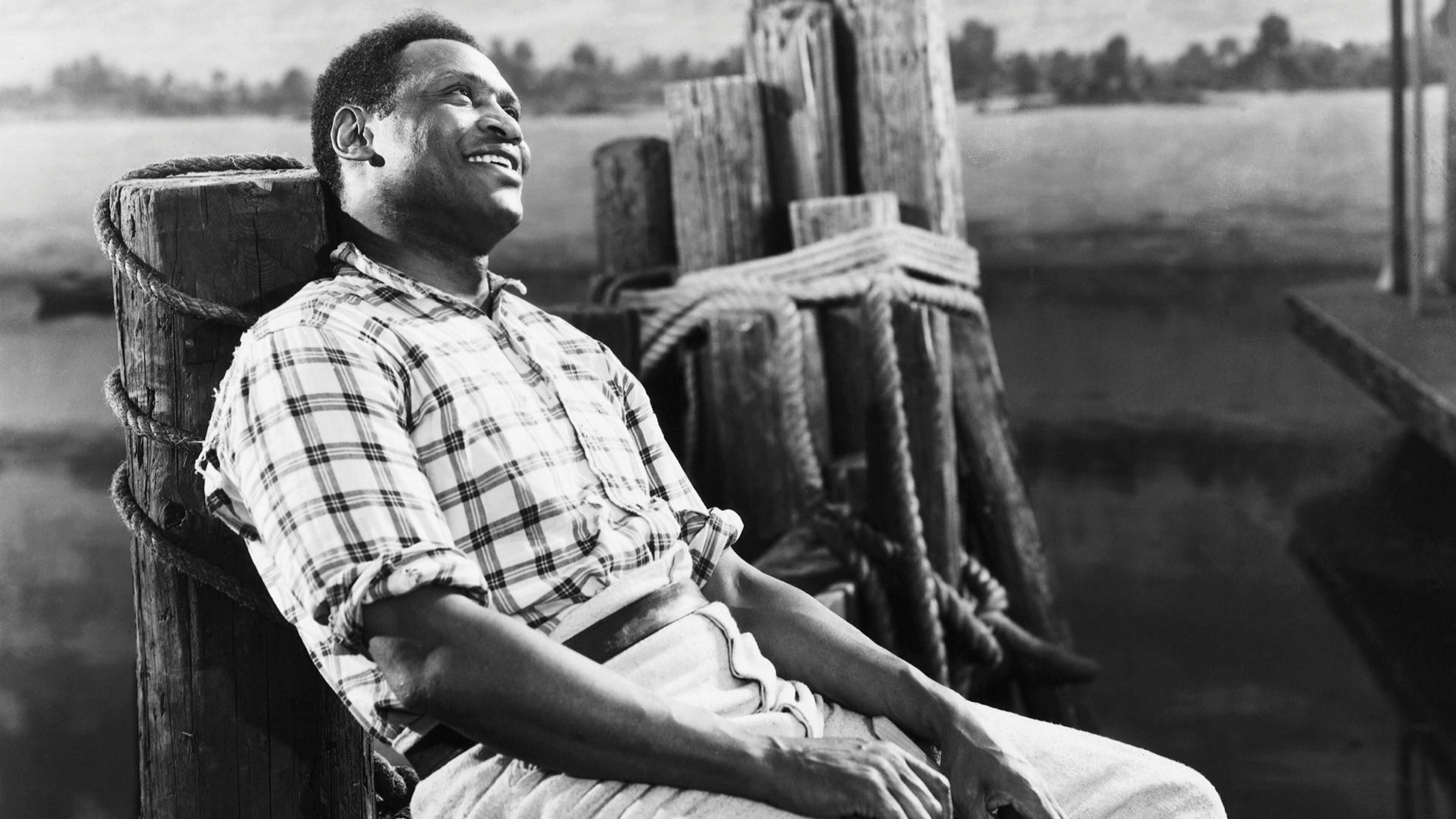Racial Representation in Music
Context
Frank Sinatra's performance and recording of "Ol' Man River", and other white performers including Judy Garland and Bing Crosby, raise difficult questions about race, culture, and representation in popular music. With explored themes of daily struggle and perseverance being relatively universal, the origins of the song in the musical Show Boat, which explored racially centered themes featuring African-American performers, suggests that the song was intended for black artists to perform.
"Ol' Man River was written by Jerome Kern and Oscar Hammerstein II for the character Joe in Show Boat. Joe's character is an African American dockworker who works on the Mississippi River. The song is reflective of Joe's experiences of hard labor and the hardships of being black in the South. In this context, the song is reminiscent of an African-American spiritual and therefore deeply rooted in African-American history and culture.
To Perform or Not to Perform?
The performance of "Ol' Man River" by white artists risks potentially erasing the history previously mentioned and perpetuating racial stereotypes. With this being said, it is also important to consider the context of Sinatra's recording of the song. In 1946, racial segregation was still deeply entrenched in American society, and black performers, specifically, faced barriers to achieve success in the music industry. One may perceive Sinatra's performance as a respect or recognition of the song's cultural significance and a sign of his possible commitment to progressing toward racial equality.
Ultimately, the question of whether Sinatra and other white performers should have performed or recorded "Ol' Man River" depends on one's perspective and interpretation of cultural representation and appropriation. Some could argue that the song is strictly a part of African-American culture and should only be performed by black artists. Others may argue that the universal themes present in the song allow it to be performed by artists of all races.
Regardless of opinion, it is important to acknowledge the historical context of "Ol' Man River" and to continuously engage in a thoughtful discussion about the role that racial and cultural contexts have in popular music. By doing this, we are able to better understand the challenges that this issue raises and allows us to work toward a more inclusive and equitable music industry.



Hi Allison! I think you raise an interesting point that was also brought up in the Dekker reading about Sinatra's performance of "Ol' Man River" as a sign of respect or acknowledgment of the songs history and meaning. I think that it is a possible intention because of his other efforts towards racial equality that were mentioned. But on the other hand, I think your recognition of the fact that black performers faced hardships and obstacles in the performance world brings up the issues that arise from a well-known, successful white performer taking on the song. Although performers such as Robeson struggled and built up songs such as "Ol' Man River" as their own, it was extremely easy for white performers to put their own twist on it without recognizing the significance of the lyrics and music.
ReplyDeleteHey Allison! I appreciate the thorough context in your blog post and I'm also glad that you included other white performers that sang the song, as well as the historical context behind Sinatra's recordings, as both definitely raise questions about who should be singing the song. I also completely agree that the answer to this question depends on one's perspective, and I like that you brought up that it's important to recognize the historical context of the song regardless of what you think about who should or shouldn't sing it.
ReplyDelete